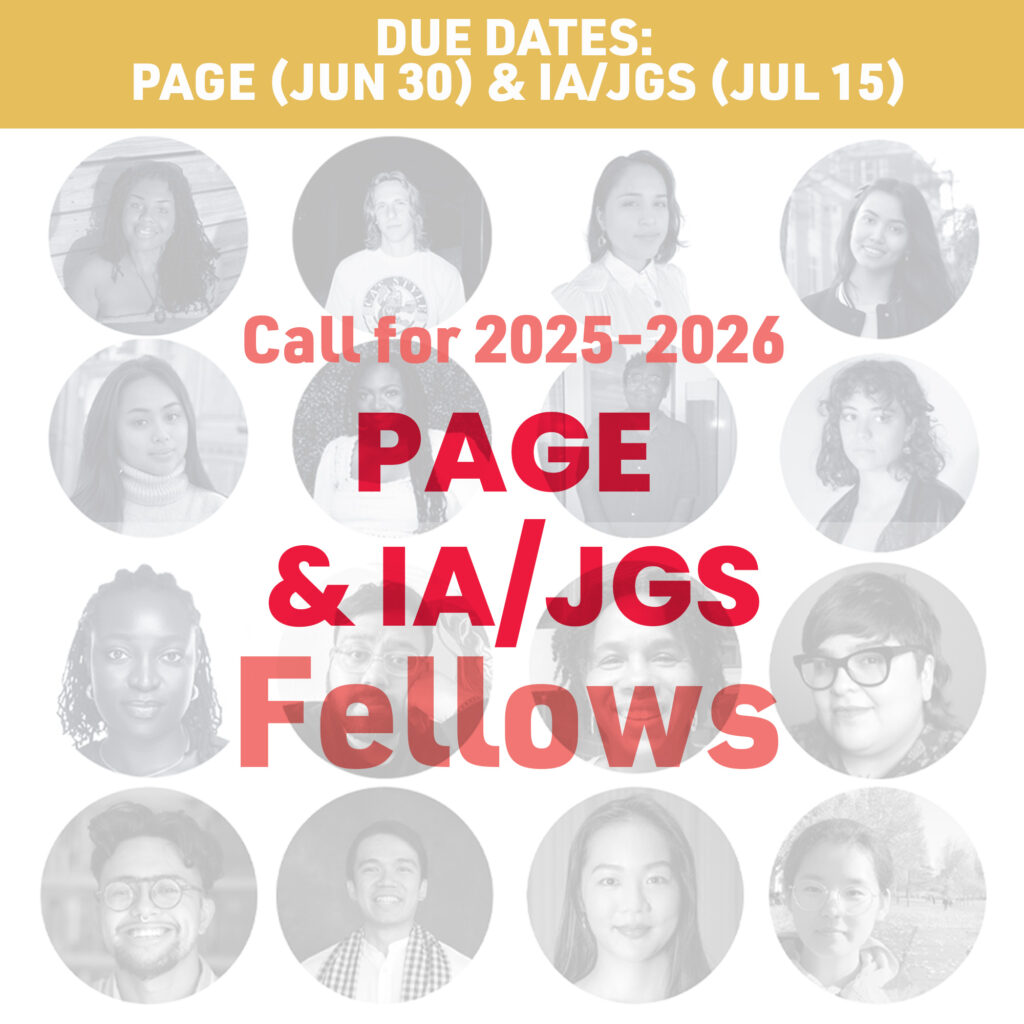Listening for multiple trajectories
By Cathleen Calderón
Engaging in public scholarship means being an imaginative teammate and student. The scholar accesses, develops, and shares their knowledge while working with others to offer mutual support, resources, and processes of learning. Public scholars that I look up to, particularly Dr. George Sánchez, model how to sustain relationships with an array of individuals and organizations by offering what you can, being open to learning new models for collaboration, and enjoying work by forming trusting and inspiring relationships with team members. He reminds me to think about how every structure or perspective is in and of process, how seemingly rigid hierarchies and ideologies are fluid and selective, and how to embrace and cultivate the spirit of creating resources that we need.
Through this pandemic, I have adapted to online models for participating in organizing that I have been rooted in since my childhood, but virtual engagement has definitely removed the magic of being physically present with folks. For me, such magic stems from watching people work together, hearing them support each other, and sensing the possibility that grows out of our co-existence and care for each other and our shared goals. Although I miss these connections and spaces, being in graduate school and practicing oral history methods has cultivated new elements of long-standing ideas for creating an archive based in the Northeast San Fernando Valley – my home and my “field” of study. This year, I have been able to interview people who I have known mainly in social or political organizing circles about local history. These community organizers, educators, and artists remind me to acknowledge the particularity of language, culture, generation, and space in the histories that I read, listen to, and write. While keeping this in mind, the scholarship I engage with reminds me to see our particularities as having their own trajectories for the future, with possibilities for connection or disconnection across time and space.
While I have long dreamt of creating a cultural center in the Northeast Valley, my oral history practice has inspired a new component of this project – a multilingual, multigenerational oral history project for the Valley. Multilingual in order to record the many forms of expression, knowledge, and imagination that this Valley has seen and been molded by. Multigenerational because I think people of all ages hold wisdom that can be helpful and centering depending on the circumstances. I look forward to conversations with PAGE fellows and co-directors about using history as a tool for transforming our present in order to think through how I can use oral history methods towards cultivating my larger goal of creating a center for social organizing, educational resources, and archival collaborations. Creating a repository of cultural arts and political organizing while working with people across language and age to come up with translation and education resources will offer new points of connection for our relationships. Such engagement can support our efforts to transform the spaces we coexist in so they serve our well-being on cultural, environmental, and economic levels.
Image description: The recorder that holds my most recent interview, which is borrowed from a generous friend & a gift from my uncle’s trip to Chiapas over 10 years ago, when we were selling coffee grown by Zapatistas to send funds back to them. In the way these objects got to me, both remind me that we carry each other forward.


